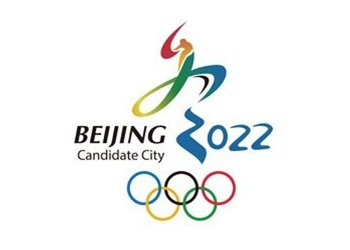Delegates from the six cities bidding for the 2022 Winter Olympic Games gained valuable insight into the bidding process following a three-day Applicant City Seminar in Saint-Sulpice, Switzerland, hosted by the International Olympic Committee (IOC), which ended Friday.
The seminar was led by Olympic Games Executive Director Gilbert Felli and Jacqueline Barrett, Head of Bid City Relations. It focussed on a range of important themes and requirements, in particular legacy and sustainability.
Representatives from the six cities which included Almaty Kazakhstan, Beijing China, Krakow Poland, Lviv Ukraine, Oslo Norway and Stockholm Sweden were encouraged to adapt to fit their local needs to best serve their cities, regions and nations.
IOC President Thomas Bach called on the delegates to be creative with their bid projects and engage as soon as possible with their respective publics to explain the benefits hosting the Games could bring and to build support.
He said, “the IOC has a great deal of excellent information and know-how to pass on to Applicant Cities but they should also be confident enough in their projects not to restrict themselves solely to the blueprints of the past.
“Only by taking their own initiatives, based on how they see the Olympic Games benefitting their unique circumstances and the local population, will they be able to get the most out of their projects. We are here to listen as well as provide them with guidance”.
The delegates were walked through the details of the bid process, providing them with a comprehensive introduction to the complexity, scope and sale of hosting an Olympic Games. Discussions ranged from transport to finance, with a day devoted to individual workshops on sports, the athlete experience, Olympic villages, the Paralympic Games, accommodation, the Olympic Games concept, media operations, technology and marketing.
Emphasis was placed on the fact the organization of the Games is very much a team effort, with all levels of government, commercial partners, public services, community groups, local populations and sports authorities involved in the successful organization of such a complex event.


